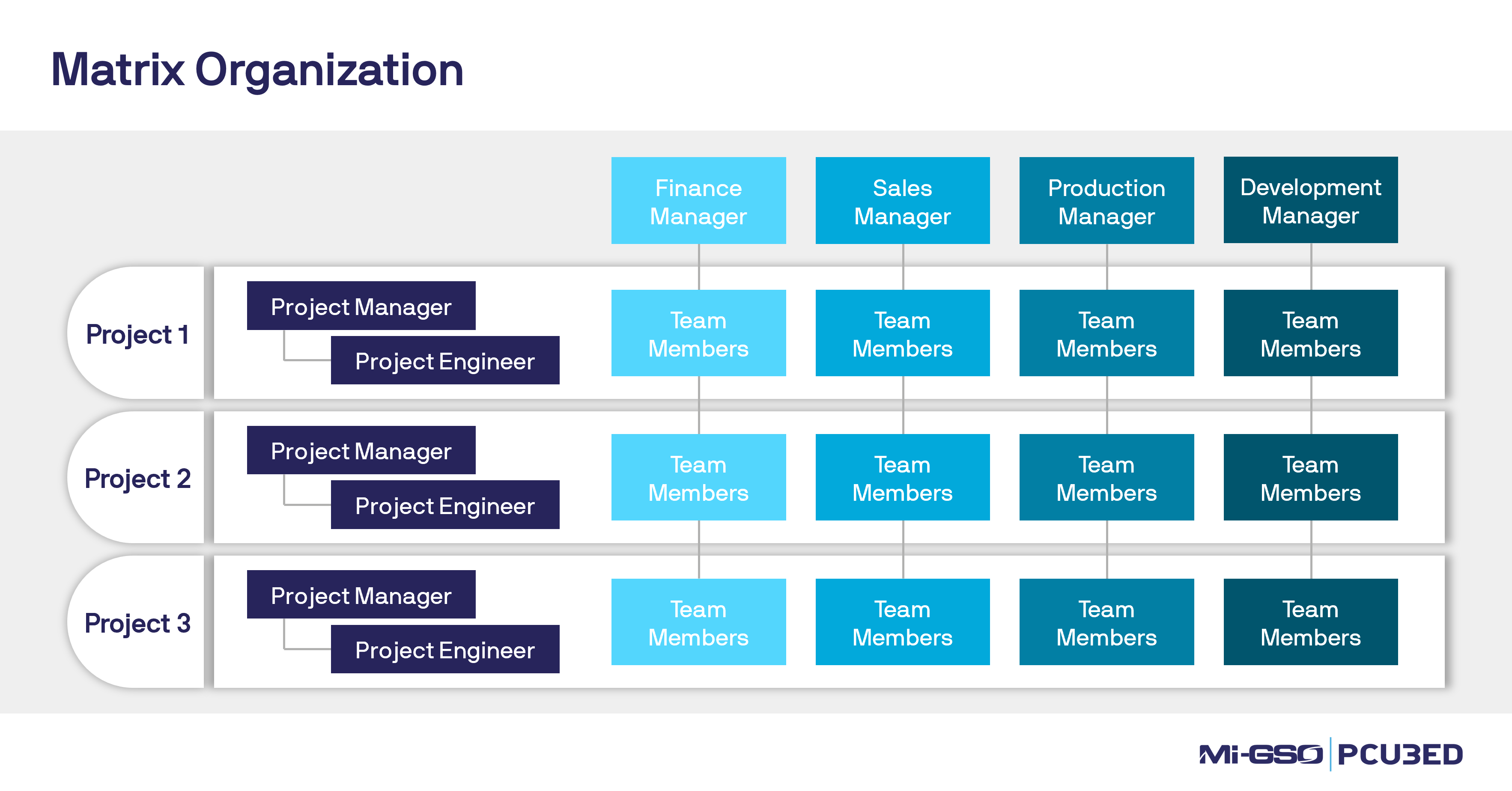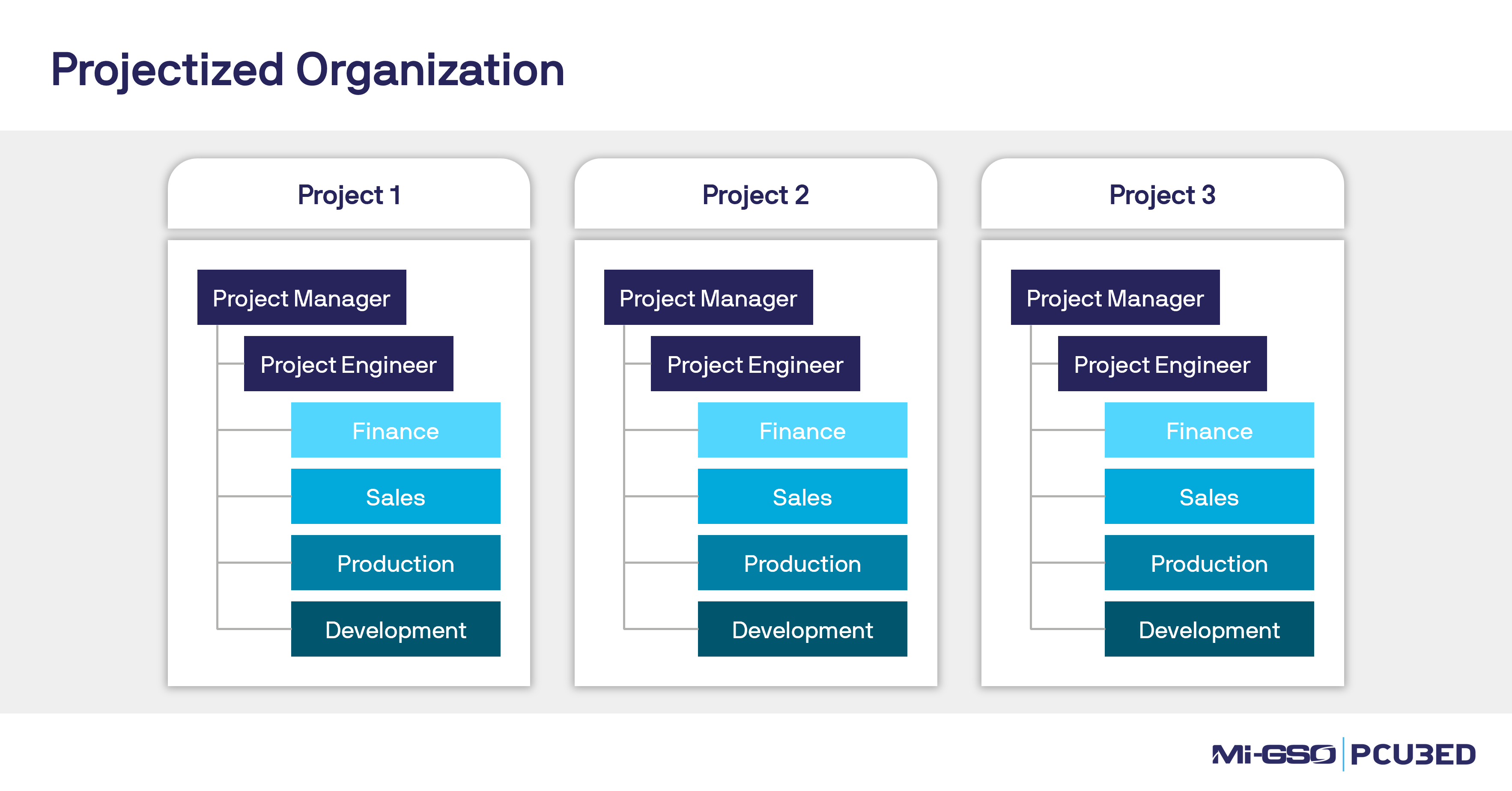The Project Engineer: What it takes to become one
- 10 August 2022
- Home >
- Blog >
- Project Management Roles >
- Project Engineer
The project engineer: is it an analytics role, a type of project manager, or something else? Actually, this is a very important role for most organizations. Let’s take a look at the project engineer to understand what this position entails, their responsibilities in an organization, and what it takes to become one.
The position of a project engineer is typically required for all companies carrying out large-scale technical projects, often at the cutting edge of technology. Although, the job title may differ from one company to another and depending on its culture, strategy, and organization.
Ultimately, the project engineer carries out the work of analysis, synthesis, and coordination of project contributors. They typically work on projects with a heavy engineering component. For small-scale projects they may also wear the hat of project manager. For larger projects, however, the project manager is usually a separate role since they oversee the project at a higher level and could even manage the inputs of several project engineers.
Table of Contents
Where does a project engineer work?
Project engineers are essential to all major projects; although, their position within the company depends on its organizational structure. Let’s consider the following two types of organizational structures, both of which allow for significant project work that requires a project engineer:
- Matrix organization
- Projectized organization
1. The Project Engineer in a Matrix Organization
Some organizations have separate departments for each area of the business and for projects, as shown in the diagram below:

Here, the project engineer works in the “projects” department and those who provide project inputs are distributed throughout the “business” departments. In this type of organization, team members support the project, reporting to their department manager in addition to the project engineer and/or project manager. This structure lends well to a project team who works on several different projects or who also hold operational responsibilities in their specialized area of the business.
For smaller projects, the project engineer may also be the project manager, reporting to the project’s leadership team and sponsor. For very large projects, on the other hand, the project manager is a seperate role often requires a whole team of project engineers, to each manage a part of the project.
In this case, the project engineer and project manager have no hierarchical responsibility, only functional. Any change concerning the schedule and deliverables goes through the managers of each business department. Therefore, changes can sometimes be laborious.
2. The Project Engineer in a Projectized Organization
Other companies may be organized by projects, as opposed to by business area. This is often the case in start-ups, for example, where the project engineer often wears many hats. Similar to the matrix organization, the project engineer may also be the project manager. However, in a projectized organization, the project engineer and/or project manager does hold hierarchical responsibilities because the project team reports to them, rather than to a business department manager. This often makes decisions and changes on the project more fluid.

This mode of operation is relatively flexible, and often companies set up a “project platform”, where they can bring people on the same project together physically and virtually in the same place to facilitate communication and collaboration.
Regardless of the structure of your organization, the project engineer can be an internal resource of the company or an external partner. Using a project management service or an external partner is helpful when special expertise is needed or when this role is only needed for a limited period of time.
What does a project engineer do?
Working closely with the project manager, the project engineer liaises with the different project team members and areas of the business to deliver the project on time, cost and quality.
Depending on the organization of the project and whether it is traditional or agile, project engineer’s methods of work vary. Regardless, their activities revolve around the following:
- Define the scope of the project in terms of product, deadlines, deliverables, budget, etc.
- Characterize the project need and ensure the project scope meets this
- Generate a schedule and constantly adapt it to changes
- Monitor the progress of the project
- Manage any contract, work packages, etc.
- Conduct risk analyses and propose risk mitigation plans
- Manage the exchange meetings between the different project stakeholders
- Write meeting minutes, summarizing exchanges that need to be formalized
- Support the change management in terms of direction, scope, needs etc.
- Communicate with the various stakeholders on the project status and evolving needs of the project; conduct reporting; propose or explain a solution to any unforeseen events or problems.
In short, a project engineer must be curious and organized; they must be a good listener and a good manager. They must understand the needs of stakeholders, be clear with requests and be able to develop a procedure to follow. Which brings us to the skills of the project engineer.
What are the skills of the project engineer?
Two words describe the project engineer well: perseverance and action. In more detail, the project engineer must have at least the following skills:
- Good analytical and synthesis skills while having a global view, not being overwhelmed by details and staying focused on the final goal.
- Being informed, constantly learning and studying the technical vocabulary necessary to communicate with all stakeholders, especially for multi-domain projects.
- Technical curiosity to be able to understand and characterize the needs of each line of work.
- Communication skills, knowing how to use essential tools and adapting them to different communication styles.
- Good writing skills.
They must stay motivated, especially if problems arise, and be solution-oriented. Sometimes everything runs smoothly, but there are times when nothing advances as planned.
Indeed, a project engineer must quickly take an interest in all parts of the project and try to understand, if not master, all aspects of the product. They are in a way constantly learning, always going out of their comfort zone and going to others with many questions. This is not necessarily always comfortable, but rather challenging and motivating to move forward.

When should a project engineer be used?
The answer is simple: when the project has the following aspects:
- a high degree of technical complexity: multi-business, multi-domain
- an complex field with many stakeholders and with a constant need for coordination and informational exchange between them
- significant risks and/or frequent changes involving rapid decision-making
- tight deadlines, possibly with penalties for delays
- an innovative character with a large part of unpredictability linked to the realization of the product
It is not necessary for all these aspects to be present, it is sometimes enough for only one of these aspects to be sufficient. The “size of the project” and “complexity” aspects are nevertheless the two essential criteria.
This article was written by Marina Duval.
Loved what you just read?
Let's stay in touch.
No spam, only great things to read in our newsletter.




